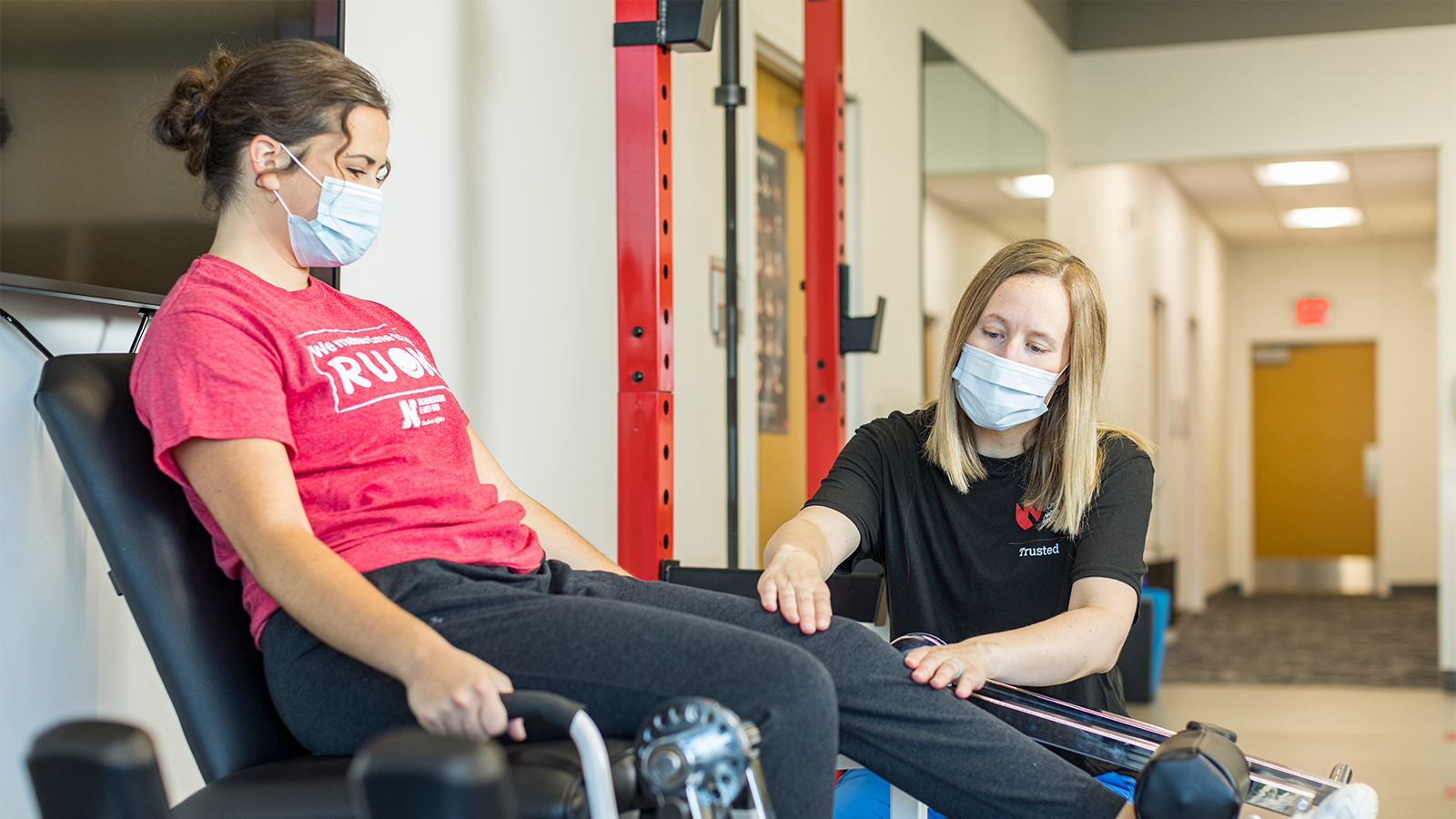Improving Efficiency and Reducing Harm Risk through Thorough Assessment of Equilibrium and Stability through Functional Movement Assessment.
Improving Efficiency and Reducing Harm Risk through Thorough Assessment of Equilibrium and Stability through Functional Movement Assessment.
Blog Article
Equilibrium and stability are essential components of bodily wellness and general well-being. They play a vital part in everyday tasks, athletic performance, and injury avoidance. When an person has good balance and steadiness, they are not as likely to fall or sustain injuries during bodily exercises. One effective way to assess these qualities is through Functional Movement Screening (FMS). FMS is a method used to evaluate movement patterns and identify imbalances or deficiencies that could lead to injuries.
Functional Movement Screening includes a sequence of specific tests that examine how well a individual moves. The tests concentrate on basic actions such as squat, lunging, and flexing. By watching these actions, coaches and medical experts can determine areas where an person may struggle. For instance, if someone has difficulty keeping equilibrium while executing a squatting, it may suggest a need for specific exercises to improve strength and coordination. This assessment not only identifies deficiencies but also helps to track progress over time.
In addition to identifying areas for improvement, FMS plays a crucial role in avoiding harm. Many damages occur as a consequence of inadequate movement mechanics, which can be detected through functional evaluations. By tackling these problems early on, individuals can reduce their risk of injury during sports or other physical exercises. For instance, a jogger who demonstrates an imbalance in their gait may be increasingly prone to knee injuries. By correcting these imbalances through targeted exercise programs, the likelihood of injury can be significantly decreased.
Additionally, improving capability is another advantage of conducting a thorough evaluation of balance and stability. Athletes and engaged persons often seek to improve their capability in this post particular activities or tasks. A comprehensive understanding of their motion patterns allows trainers to create customized exercise regimens that target particular deficiencies. By improving equilibrium and steadiness, athletes can enhance their overall capability, whether it’s jogging more quickly, jumping higher, or performing exact actions in their sport.
In conclusion, the importance of evaluating equilibrium and stability through Functional Motion Assessment cannot be overstated. This visit the website comprehensive evaluation serves as a basis for improving bodily wellness, avoiding injuries, and enhancing sporting capability. By identifying areas of weakness and putting into action specific training approaches, individuals can achieve better outcomes in their bodily exercises. Emphasizing balance and steadiness not only results to improved capability but also adds to a healthier, increasingly active lifestyle.